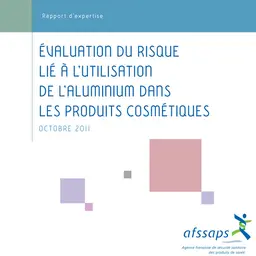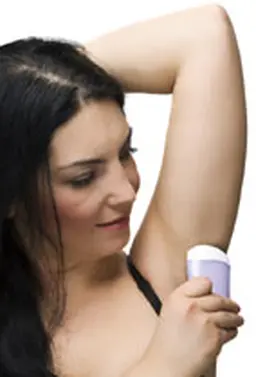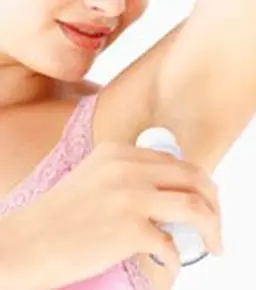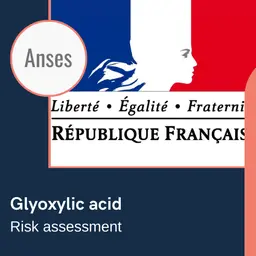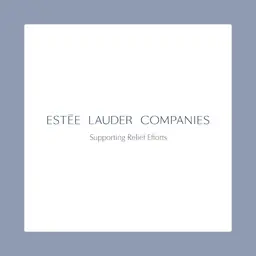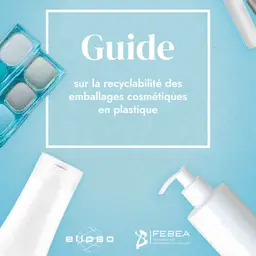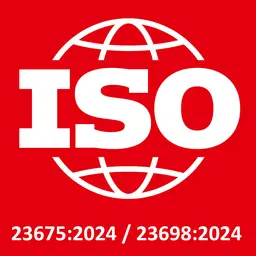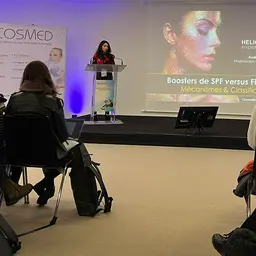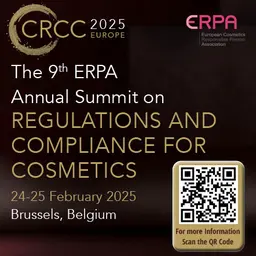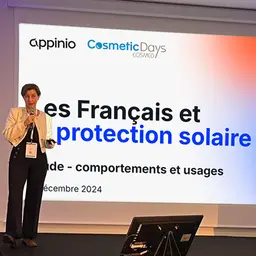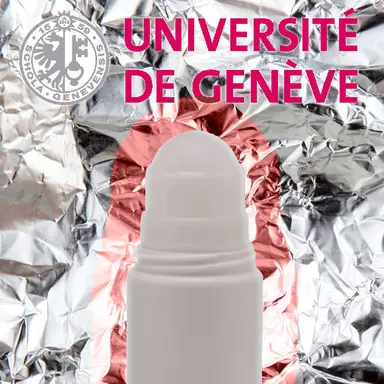
The debate was thought to be over and aluminium salts totally uncorrelated with the development of breast cancer. A study conducted by researchers at the University of Geneva has relaunched it today, highlighting the harmful effects of aluminium salts in antiperspirants on human breast cells in vitro. If this study does not constitute formal proof of the responsibility of aluminium salts in the development of breast cancer, it certainly raises the strongest suspicions.
This cell biology study, conducted by researchers from the University of Geneva (UNIGE) and funded mainly by the Meyer Foundation, the Geneva League against Cancer and the Foundation for the Fight against Cancer and for Medical-Biological Research, was published in the scientific journal Journal of Applied Toxicology.
In its press release, the University of Geneva states that its results challenge the safety of these salts on breast cells.
The press release
The increase in the number of breast cancers in industrialized countries in recent decades is accompanied by a change in the anatomical distribution of this cancer, which now develops mainly in the outer part of the mammary gland, near the armpits. This location raises the question of the responsibility of deodorants containing aluminium salts (aluminium hydrochloride and aluminium chloride), which have been shown to penetrate the skin, in the formation of breast cancer.
To date, little or no experimental or epidemiological data have been available to support or refute this hypothesis.
A UNIGE team, coordinated by Stefano Mandriota, a biology researcher at the Faculty of Medicine, and André-Pascal Sappino, an honorary professor and breast cancer specialist, conducted a series of in vitro experiments that revealed the harmful effects of …

